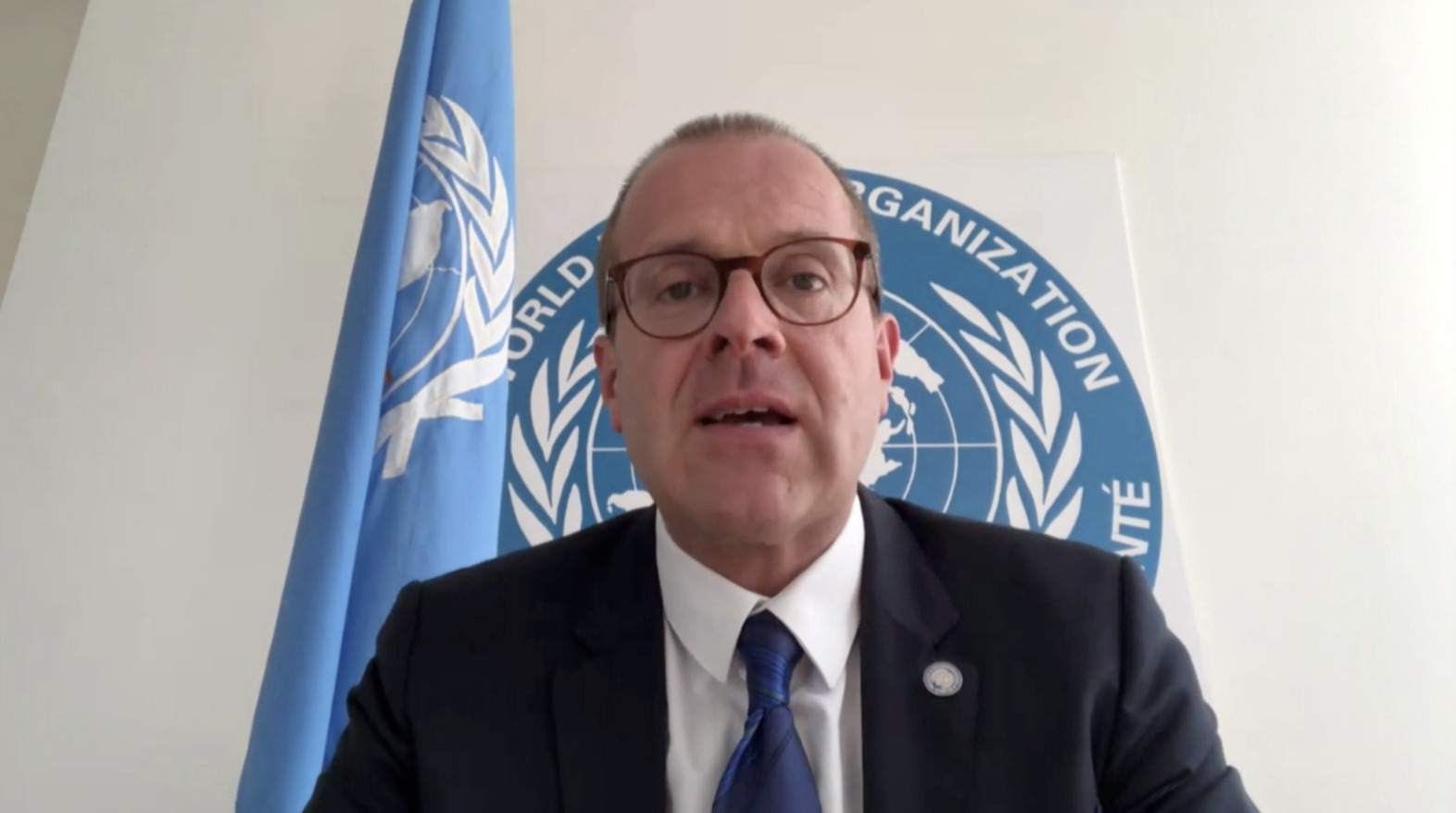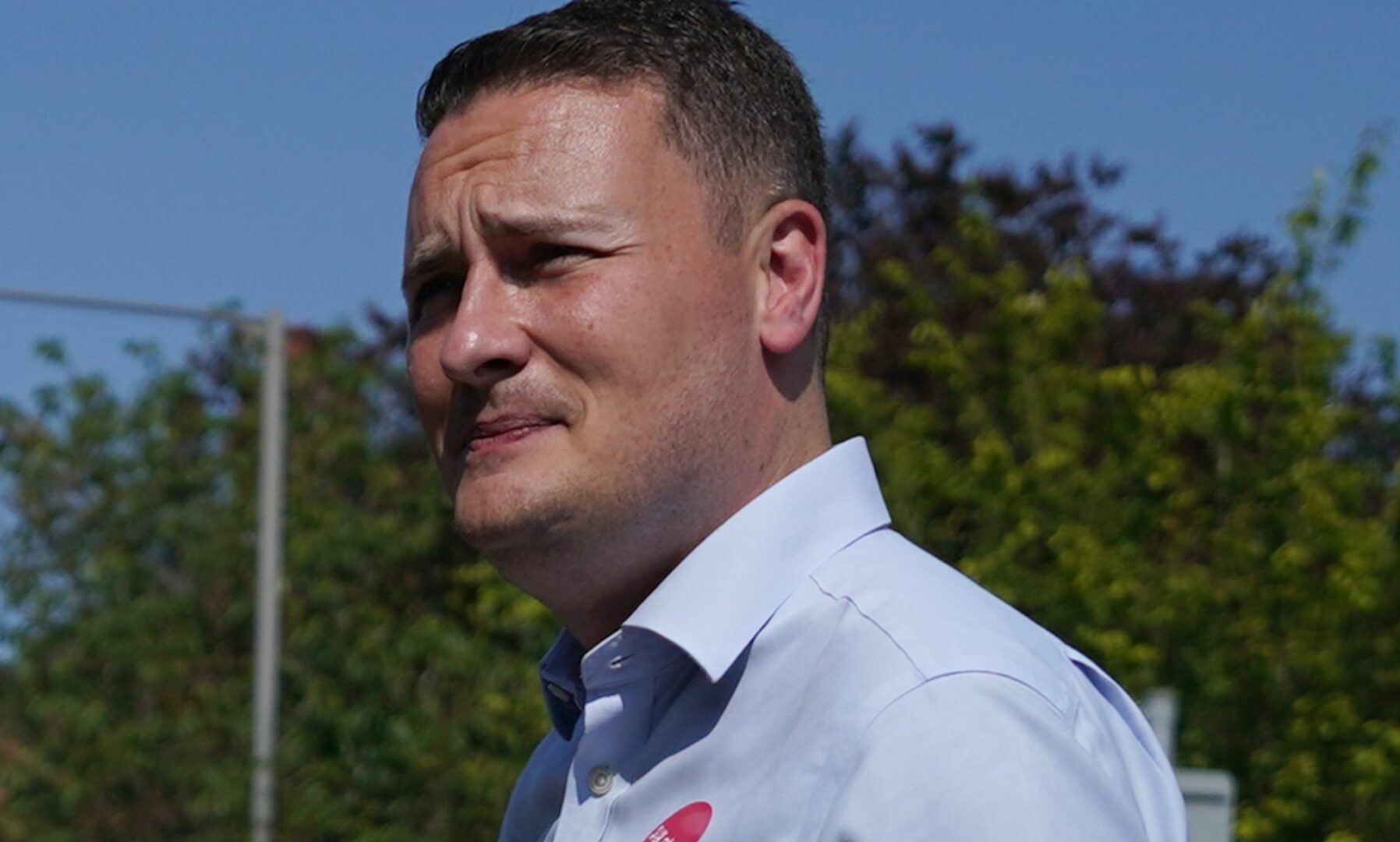Skip to content

The toll taken by the pandemic on people’s health could last a lifetime – a sharp rise in obesity levels among children during Covid lockdowns has not been reversed, and could have lifelong consequences, researchers say. At the same time, the very dramatic rise in measles cases throughout Europe has been blamed on a failure to vaccinate children during the pandemic. There is also disappointing news about virtual wards – heavily promoted as a way of saving money and improving quality of life for chronically ill patients, they have been found to cost twice as much as inpatient care.

Tens of thousands of children who became overweight during the pandemic could face the health consequences for the rest of their lives, researchers have warned.
During the Covid pandemic, obesity rates rose sharply among 10- and 11-year olds in England, and have not returned to pre-pandemic levels.
Between 2019-2020 and 2020-2021, the proportion of overweight and obese Year 6 primary school children, aged between 10 and 11, went from 35.2% to 40.9%, with people from deprived areas disproportionately affected. Possible causes include a prolonged absence from school, a lack of physical activity and unhealthy eating habits.
The researchers, from the University of York and the University of Southampton, say that measures to tackle childhood obesity should now be aimed at children under-five.

The number of measles cases in Europe rose from 941 in 2022 to 42,200 in 2023, the World Health Organisation (WHO) has said.
The WHO believes this is a result of fewer children being vaccinated against the disease during the Covid pandemic.
Two in five cases were in children aged 1-4, and one in five cases were in adults aged 20 and above.

Dr Hans Kluge, regional director at the WHO, said that there had been nearly 21,000 hospitalisations and five measles-related deaths. He added: “Vaccination is the only way to protect children from this potentially dangerous disease.”
All countries in Europe are being asked to detect and respond to measles outbreaks quickly, alongside giving vaccines to more people.
Approximately £10 billion a year is being wasted by the NHS, the Labour Party has claimed.

Wes Streeting, the shadow secretary of state for health, said in a speech that taxpayers are “paying more but getting less” from the NHS under the Conservative government. He promised that Labour would introduce reforms to provide better value for money.
As examples of wastage, Labour highlighted the £3.5 billion spent on recruitment agencies, which it says could have been used to train more staff. It also noted that £1.7 billion had been spent on hospital beds for patients who were well enough to leave, but lacked care at home.
Another £1 billion is wasted because some hospitals spent twice as much as others on the same equipment, with a further £636 million spent on management consultants, Labour said.
The costs of treating patients in a 40-bed virtual ward are double that of traditional inpatient care, a study has found.
The researchers said that their findings should raise concerns over a policy by NHS England resulting in the introduction of 10,000 virtual ward beds.
Virtual wards, in which chronically ill people are monitored at home using technology rather than staying in hospital, have been promoted as a safe way to reduce pressure on hospitals. However, the study, carried out at Wrightington Wigan and Leigh Teaching Hospitals, in Greater Manchester, found a clear reduction in length of stay but also found higher rates of readmission.
The authors said this led to additional costs, with the cost of a bed day in the virtual ward estimated at £1,077, compared to £536 in a general inpatient hospital bed. The study involved 318 virtual ward patients, with a wide range of conditions, over the course of 2022.
Treatments for depression or anxiety, including talking therapy and antidepressants, can also improve gut health and help to treat inflammatory bowel disease, new research has shown.
Researchers at King’s College London looked at data from 1,700 people with inflammatory bowel disease (IBD), a term used for two conditions — Crohn’s disease and ulcerative colitis — which affect 500,000 people in the UK. IBD happens when the immune system attacks the bowel, causing it to become inflamed, and symptoms include pain, diarrhoea and exhaustion.
The study found that inflammatory biomarkers in the blood, including C-reactive protein, reduced by 18% on average in those who had mental health treatment, compared with those who did not. Talking therapies were the most effective form of treatment when it came to reducing inflammation linked to IBD.
Younger office staff lose one productive day a week at work, a new study has found.
Analysis by the insurer company Vitality found that the average employee feels unable to work to their full capacity for 50 work days each year, costing the British economy £138 billion.
Only six of these days are taken off as formal sick leave, however. The rest of the time people show up to work but struggle to achieve anything because of problems relating to poor health such as burnout, stress, insomnia and obesity.
The report, which was based on a survey of 4,000 staff and their employers, revealed a generational divide. Staff under 30 lost 60 productive days a year due to health concerns, nearly twice as many as those over 50, who only lost 36 days a year. This was largely due to worse mental health problems in younger workers, who were twice as likely to suffer from depression, and also had higher levels of burnout and tiredness.





